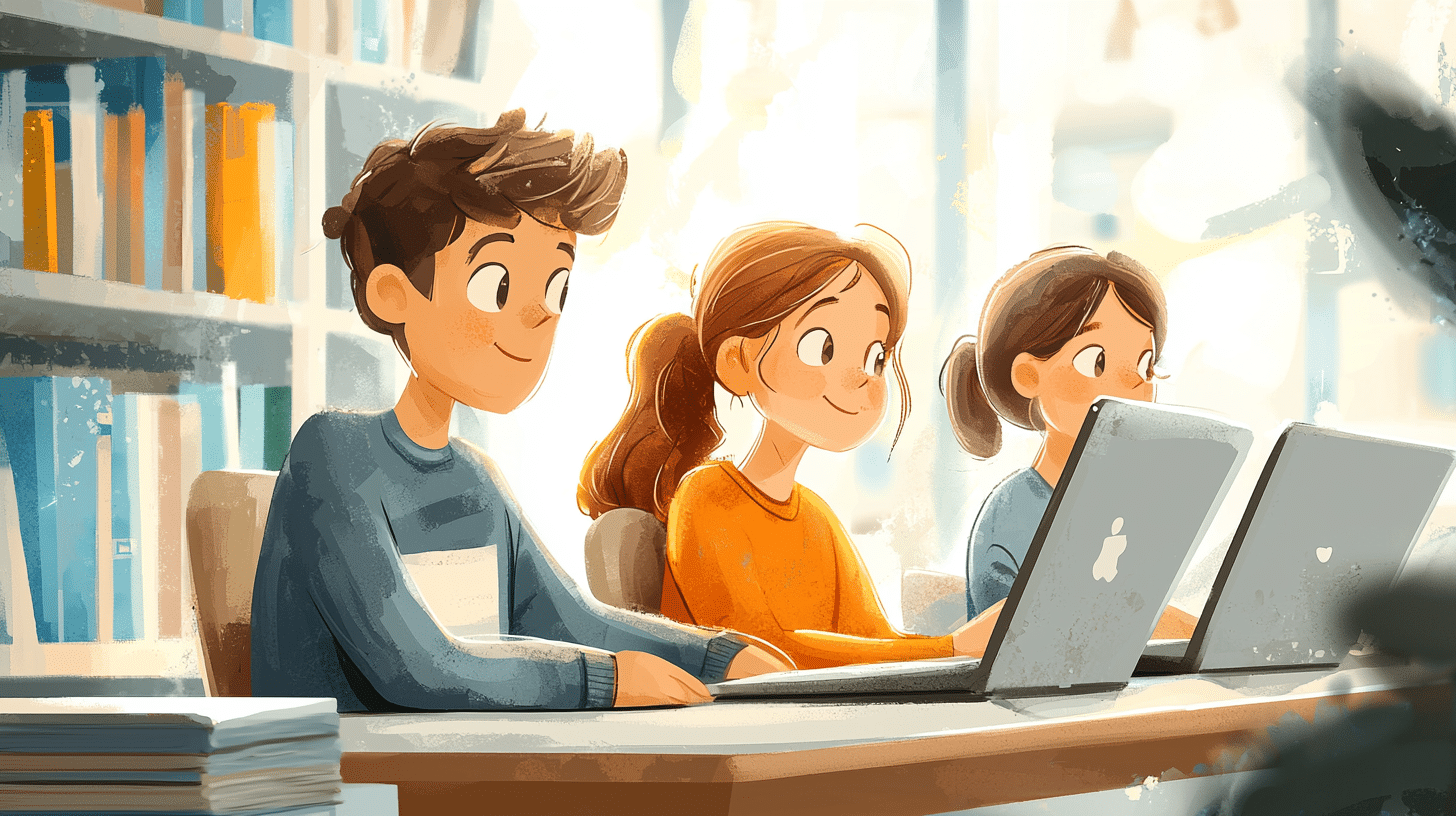
Mastering the declension of Belarusian adjectives is a vital step in becoming proficient in the Belarusian language. This aspect of grammar involves understanding how adjectives change their forms to agree with the nouns they describe in terms of gender, number, and case. For learners, grasping these changes is crucial for constructing accurate and meaningful sentences. Our comprehensive exercises are designed to help you practice and internalize these rules, ensuring you can confidently use adjectives in any context. In these exercises, you will encounter a variety of scenarios and sentence structures that will challenge your understanding and application of declension rules. From singular to plural forms, and from nominative to instrumental cases, each exercise is crafted to progressively build your skills. Whether you are a beginner looking to get a solid foundation or an advanced learner aiming to refine your knowledge, these exercises provide the practice you need to achieve fluency in Belarusian adjective declension.
1. Мы жывем у *маленькім* доме (small, locative case).
2. У яго ёсць *прыгожая* машына (beautiful, nominative case).
3. Яна любіць *смачную* ежу (tasty, accusative case).
4. Гэты *вялікі* горад знаходзіцца ў Беларусі (big, nominative case).
5. Мы сустракаемся з *добрым* сябрам (good, instrumental case).
6. У нас ёсць *новыя* кнігі (new, nominative plural).
7. Я чытаю пра *стары* замак (old, locative case).
8. Яму патрэбна *цікавая* праца (interesting, nominative case).
9. Мы бачым *высокую* вежу (tall, accusative case).
10. Яна шануе *разумнага* чалавека (smart, genitive case).
1. Новая машына стаіць у *гары* (locative case, feminine).
2. Яны сустрэліся ў *цёмным* лесе (locative case, masculine).
3. Мы жывем у *вялікім* доме (locative case, masculine).
4. Ён купіў кветкі для *прыгожай* дзяўчыны (genitive case, feminine).
5. Я чытаю кнігу пра *беларускую* культуру (accusative case, feminine).
6. Яна марыць пра *зялёны* сад (accusative case, masculine).
7. Мы пайшлі ў *лепшы* рэстаран (accusative case, masculine).
8. Яна працуе ў *вялікай* кампаніі (locative case, feminine).
9. У нас ёсць шмат *свежых* садавіны (genitive case, plural).
10. Ён гаварыў з *разумным* чалавекам (instrumental case, masculine).
1. У мяне ёсць *чырвоная* машына (color of the car).
2. Мы жывем у *вялікім* доме (size of the house).
3. Я люблю *салодкія* яблыкі (taste of the apples).
4. У мяне ёсць *новая* кніга (new or old).
5. Ён купіў *доўгую* вяроўку (length of the rope).
6. Яна насіла *зялёную* сукенку (color of the dress).
7. Мы бачылі *старае* дрэва (age of the tree).
8. Гэты стол *драўляны* (material of the table).
9. У мяне ёсць *шэры* кошка (color of the cat).
10. Ён любіць *гарачае* малако (temperature of the milk).